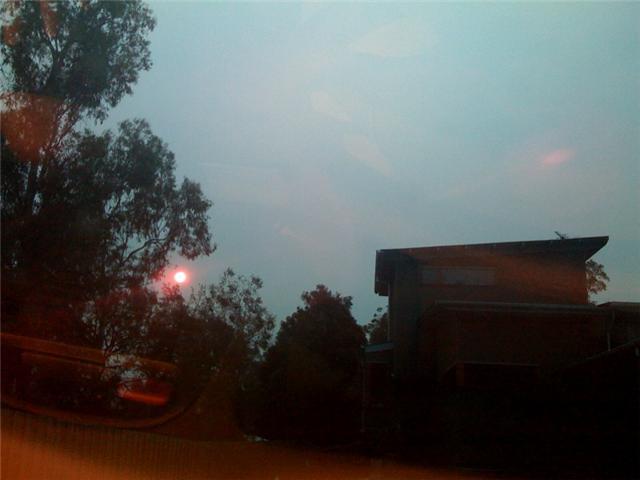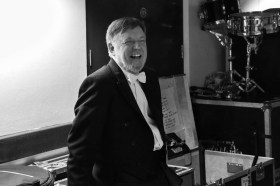Mario Martone’s production of Verdi’s Un ballo in maschera is proper opera: propera if you will. It has a big cast, period costumes, spectacular sets, show stopping solos and a tragic / happy ending. Small wonder that the Royal Opera House’s 2005 production of the Boston setting is already enjoying its second revival. A masked ball is the story of a conspiracy against Count Riccardo who is warned (whilst in disguise of course – this is propera) by a witch that his killer will be the next person to shake his hand: Riccardo blithely dimisses the prophesy when that person is his best friend.
Verdi had a great deal of trouble getting Un ballo past the squeamish censors of 19th century Italy. Originally intended to chronicle the regicide of Gustavo III of Sweden the libretto finally found its way to 17th century Boston with the ill-fated King converted to luckless Count.
There were also strong objections, on religious grounds, to the character of Ulrica who was watered down from witch to mere ‘fortune teller’. There is nothing diluted about Elena Manistina’s performance in the role: her loping gait, strong brutish gestures and creole costume contrast perfectly with her beautiful voice. She seems more an agent of fate than a country conjurer.
There is no real villain in Un ballo: its three protagonists are caught up in a maelstrom of conflicting forces: the Count and Amelia never come close to consummating their love because of the Count’s close friendship for her husband Renato who, nonetheless, feels justifiably betrayed when he learns of their passion. The Count sacrifices his love for Amelia to save her honour and pardons Renato for striking the fatal blow in the conspiracy against him. All are wronged and all must suffer.
The musical highlights are the lamentations in Act III and it requires a heart of stone to remain unmoved when Angela Marambio’s Amelia begs her husband to be allowed to see her son one last time.
Where there is no villain, can there really be a hero? The title of the opera, somewhat unusually, refers to the setting of the final scene rather than to a character and it may be that Verdi is inviting the audience to decide which of the three their hero – or heroine – is. My money is on Slovakian baritone Dalibor Jenis (Renato) but this may be on account of his splendid cloak. You get 3 hours and 25 minutes of propera to make your mind up but it’s still not an easy decision.





